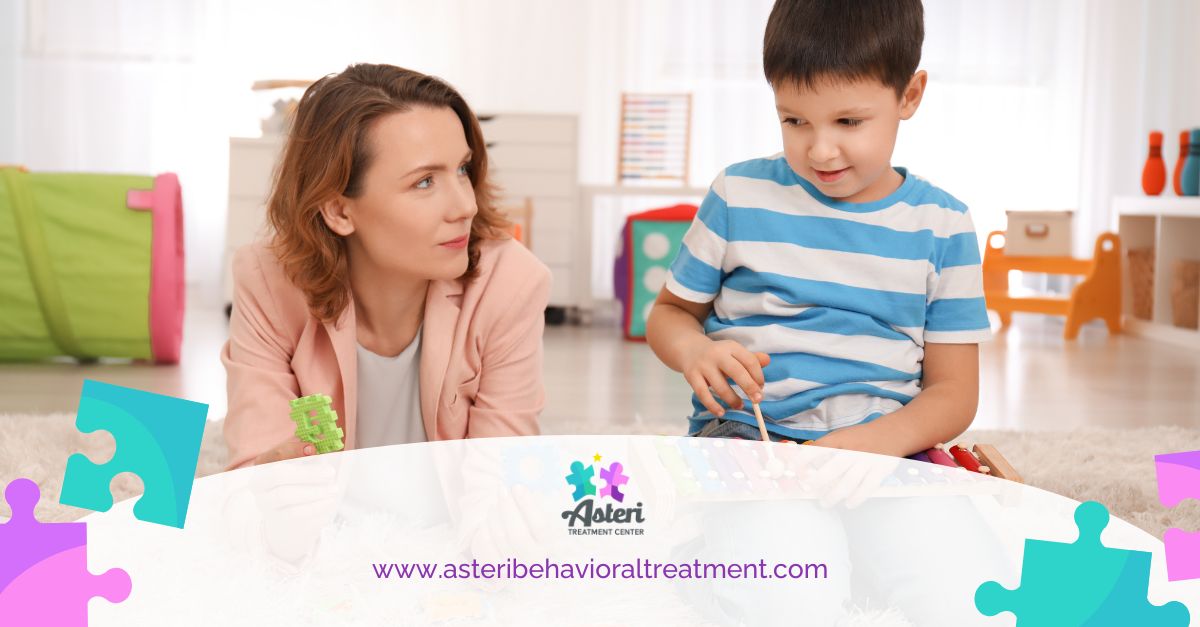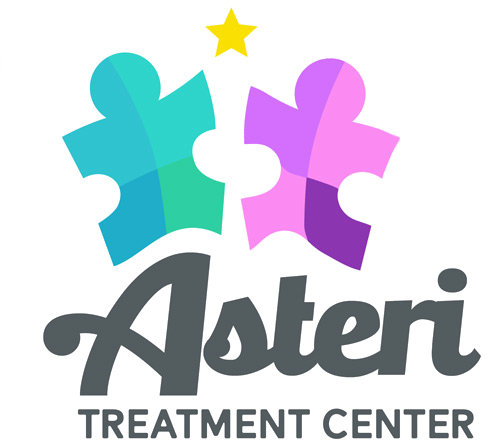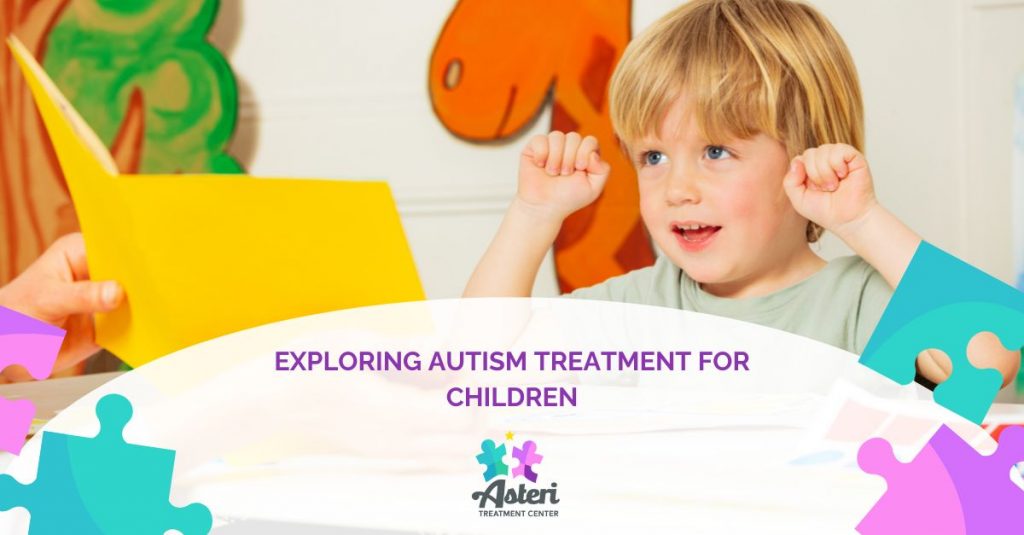Autism spectrum disorder (ASD) is a developmental condition that affects communication, behavior, and social interaction. For children diagnosed with autism, early intervention and effective treatment strategies can make a significant difference in their development and quality of life. Among the various autism treatment approaches available, Applied Behavior Analysis (ABA) therapy stands out as one of the most widely recognized and evidence-based treatments for children with autism. However, a comprehensive approach often involves combining ABA with other therapies and support systems tailored to the child’s unique needs.
ABA therapy is grounded in the science of learning and behavior. It focuses on understanding how behavior works, how it is affected by the environment, and how learning takes place. Through a structured, data-driven approach, ABA helps children develop essential skills, reduce challenging behaviors, and improve their overall functioning. The therapy is highly individualized, designed to meet each child’s specific goals, whether they involve communication, social skills, or daily living tasks.
How Does Autism Treatment Work?
One of the key components of ABA therapy is positive reinforcement. By rewarding desired behaviors, children are encouraged to repeat them, leading to long-term improvement. For example, a child who successfully uses words to ask for a toy may receive immediate praise or a tangible reward, reinforcing their communication efforts. Over time, these reinforcements help the child build confidence and master new skills.
Discrete Trial Training (DTT) is a common technique used in ABA therapy. It breaks down complex skills into smaller, manageable steps, allowing the child to learn incrementally. For instance, if a child is learning to identify colors, the therapist might present one color at a time, gradually increasing the complexity as the child progresses. This method ensures consistent practice and measurable outcomes, making it particularly effective for teaching foundational skills.
Naturalistic teaching methods are another important aspect of ABA therapy. Unlike the structured approach of DTT, naturalistic methods occur in the child’s everyday environment and are guided by their interests. For example, a therapist might use a child’s favorite toy or activity to teach turn-taking or problem-solving skills. This approach not only makes learning more engaging but also helps children generalize skills to real-world settings.
In addition to ABA therapy, many children with autism benefit from complementary treatments that address other areas of development. Speech therapy is often essential for improving communication skills, particularly for children who struggle with verbal expression. Occupational therapy focuses on enhancing fine motor skills, sensory integration, and daily living tasks, such as dressing or feeding. Social skills groups provide opportunities for children to practice interacting with peers in a supportive environment.

Getting Involved
Parent involvement is a critical factor in the success of autism therapy. Parents who actively participate in their child’s therapy can reinforce learned skills at home and provide valuable insights to therapists. Many ABA programs include parent training to ensure consistency and collaboration, empowering families to play an active role in their child’s progress.
The effectiveness of autism therapy often depends on early intervention. Research consistently shows that children who receive therapy at a young age are more likely to achieve significant developmental gains. Early intervention programs, including ABA, are designed to address key areas of development during critical learning periods, laying the foundation for long-term success.
Learn More About Your Options
Autism therapy for children involves a combination of treatments and strategies aimed at fostering growth and independence. At Asteri Treatment Center, we can help you develop a comprehensive therapy plan including Direct ABA Therapy. Call us today at (800)400-9748 or send us an email to learn more.

